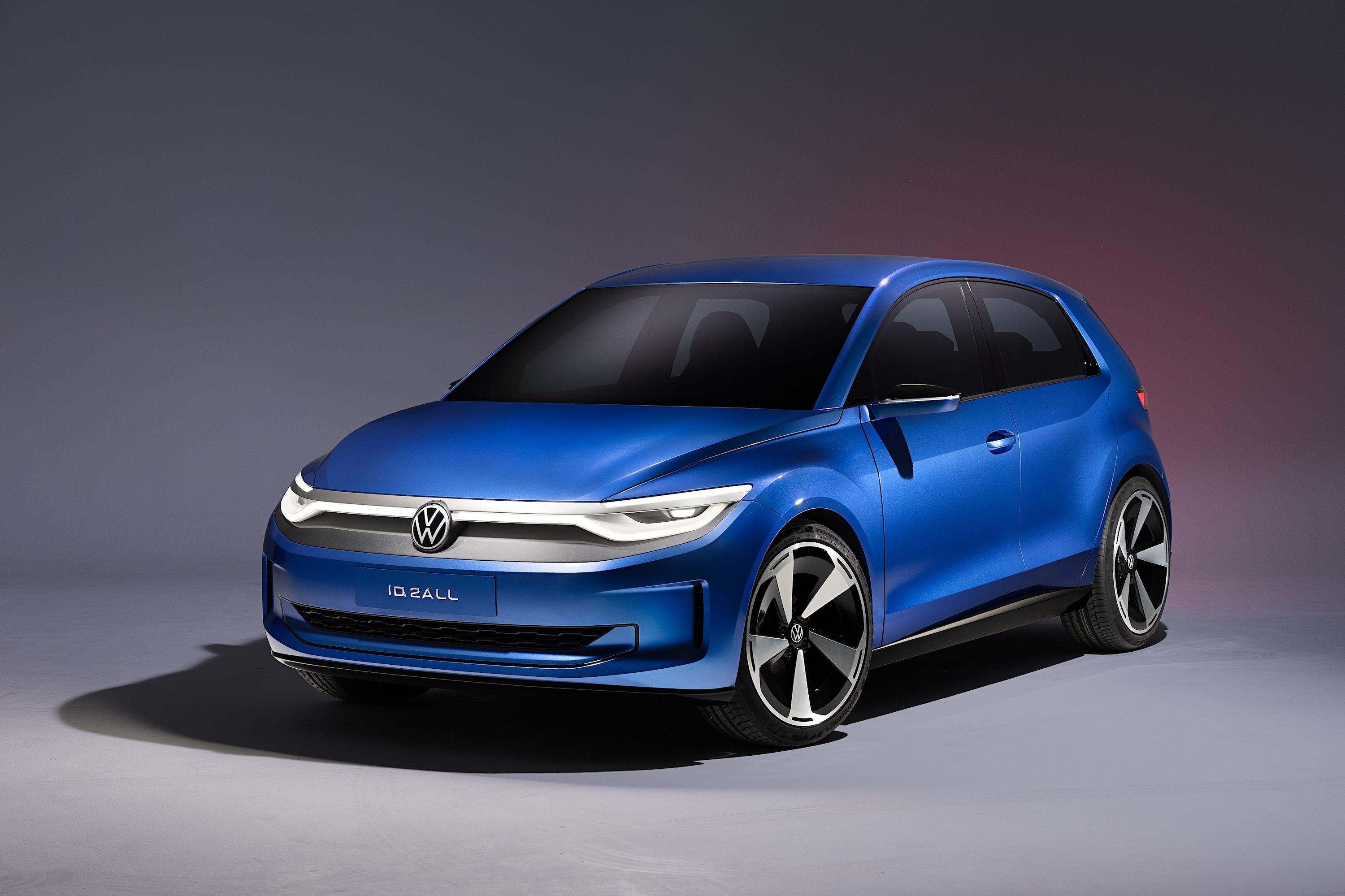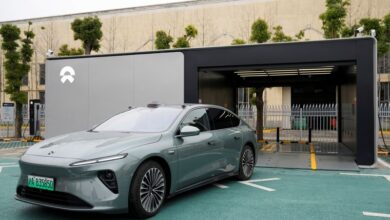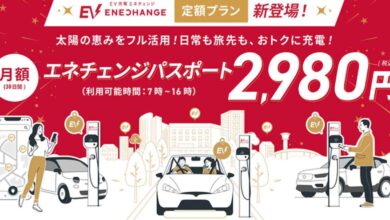Renault And VW Reportedly Part Ways On Potential Cheap EV Development
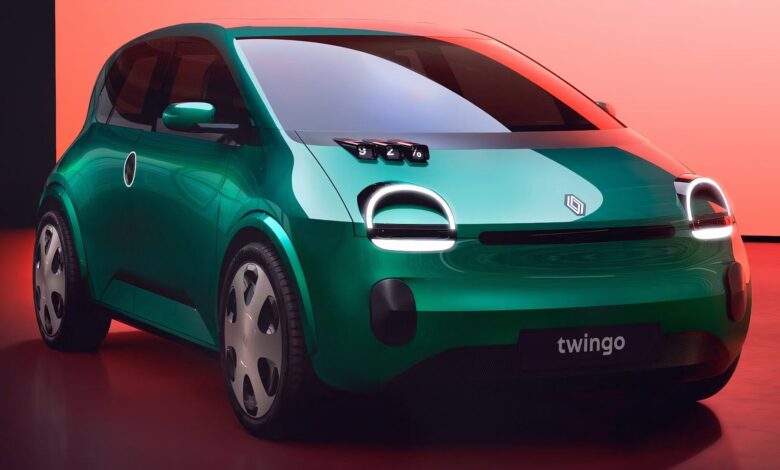
Key Takeaways
- Volkswagen and Renault part ways on a potential partnership to co-develop affordable EVs.
- Automakers couldn’t see eye-to-eye on where to build the compact electric car.
- European automakers are looking at ways to reduce costs, in an attempt to fight affordable Chinese imports.
Volkswagen has reportedly ended negotiations with Renault to potentially co-develop an affordable electric car, which means the German giant will engineer a cheap EV from the ground up, reports Reuters. Sources close to the matter told the publication that after months of negotiations, both automakers failed to reach an agreement.
As a result, Volkswagen has decided to develop a cheap EV independently, without any help from external stakeholders. Sources within VW said a decision is expected in the coming weeks, with CEO Thomas Schaefer aiming to release an affordable EV by 2027. Since the e-Up has been discontinued, the automaker has not had a competitor in the lucrative entry-level electric segment.
Both Brands Will Work On Small EVs Separately
Renault will continue working on the Twingo, which is due sometime in 2026. While it will develop the funky little hatchback without help from VW, the automaker is reportedly open to other collaborations; alliance partners Nissan and Mitsubishi could be ideal partners. Should Renault co-develop a compact EV with Nissan or Mitsubishi, there’s a chance the American market could receive an affordable electric car.
Add CarBuzz to your Google News feed.
Now that the Chevrolet Bolt is gone, the cheapest EV is the Nissan Leaf, priced at $28,140. Sources claim that Renault and Volkswagen could not agree on where the co-developed EV would be produced. The French automaker wanted to manufacture the hatchback at one of its plans, while VW hoped to build the car at one of its facilities in an attempt to fully use its European production capacity.
Partnering Up To Fight Off Cheap Chinese EVs
Instead, the automakers will now develop their respective small EVs alone, which means higher research and development costs. This will result in higher costs for consumers, who already have so few cheap electric options to choose from. Renault and VW initially saw the potential partnership as a way to combat affordable Chinese imports, such as the BYD Dolphin.
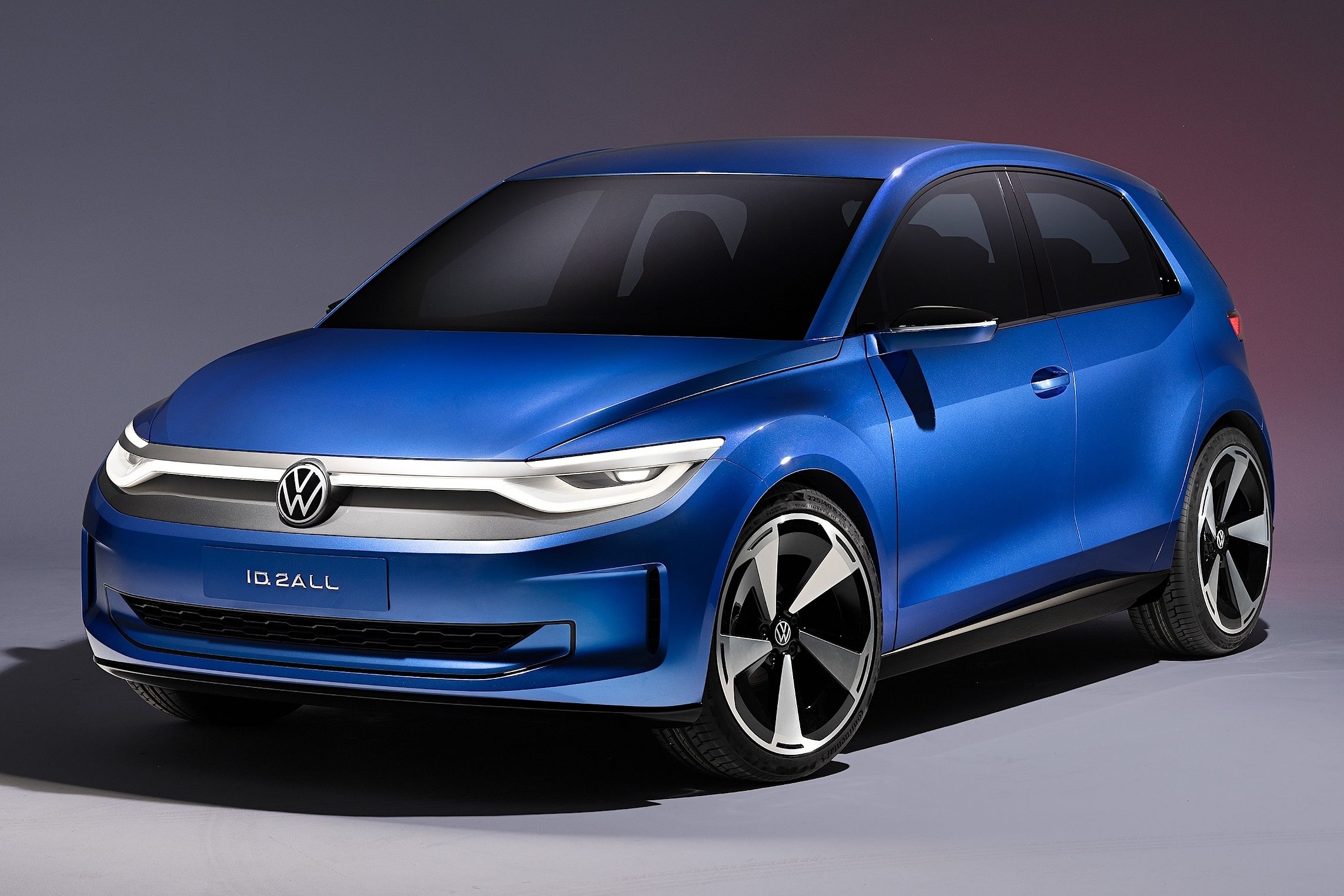
Related
Volkswagen Wants To Build Cheap EVs With Help From France
Shared costs mean lower prices for consumers.
Several mainstream carmakers are attempting to produce an electric car that costs less than €20,000 ($21,700). There are a few positioned below this price point, such as the Dacia Spring and the Citroën Ami, although the latter is technically a quadricycle. To level the playing field, the European Commission was looking into imposing tariffs on Chinese-built EVs. Recently, the Biden Administration introduced a 102% tariff on Chinese electric cars, effectively barring brands like BYD, Nio, and Xpeng from selling their vehicles in the United States – unless they’re built elsewhere.
Source: Reuters
